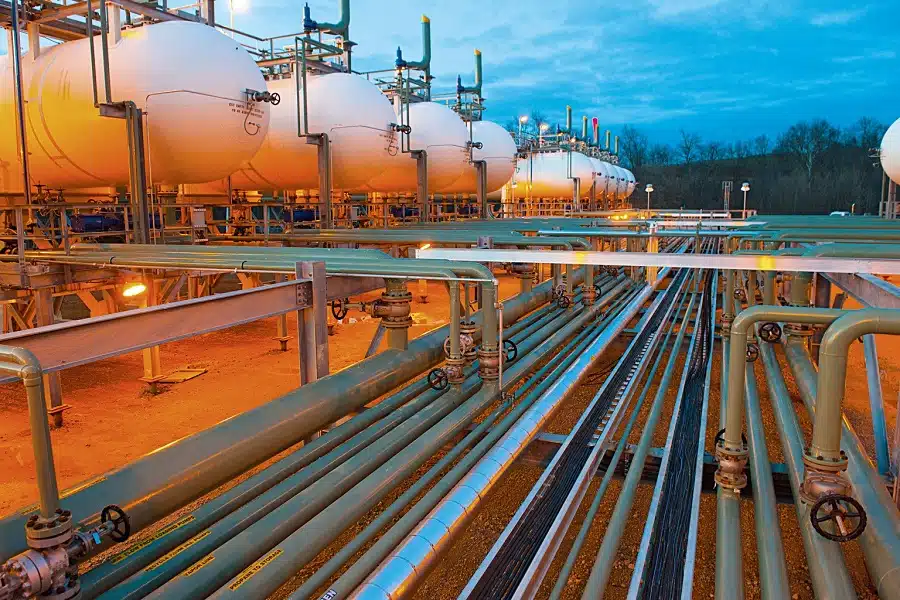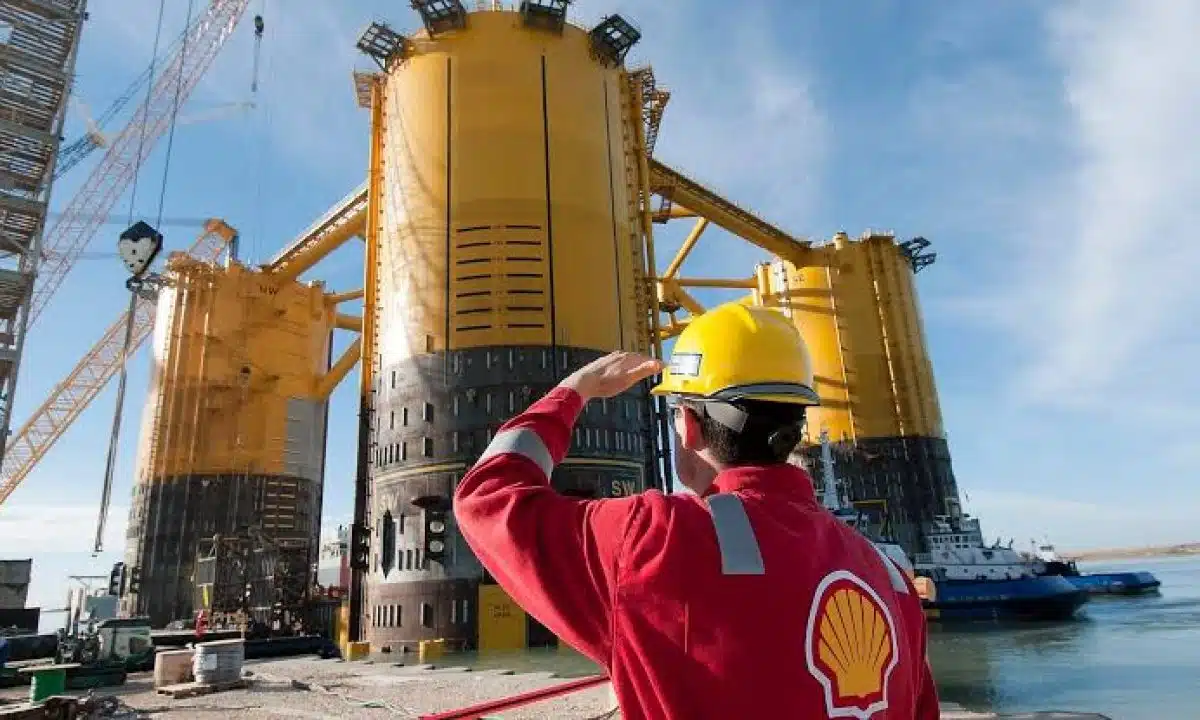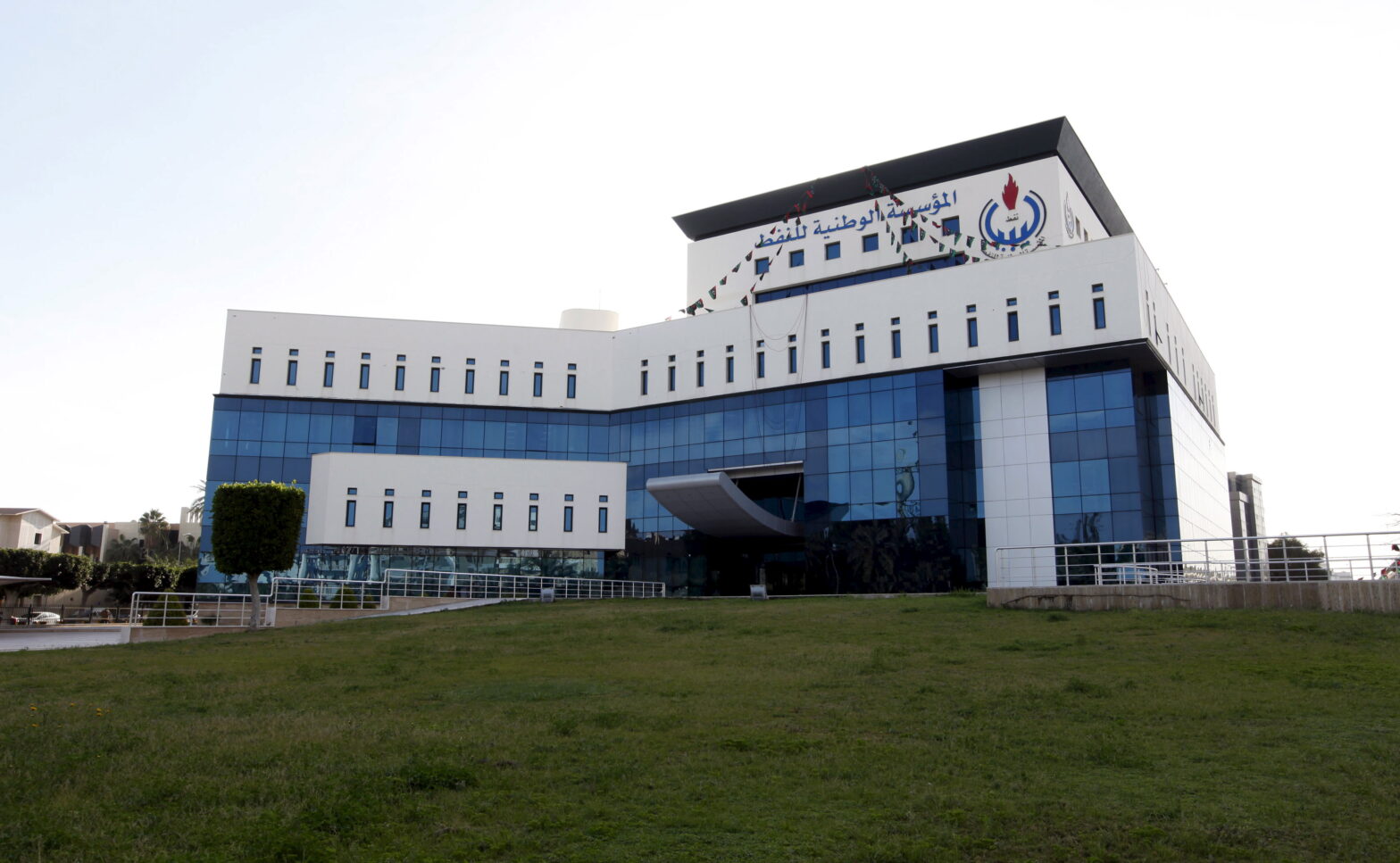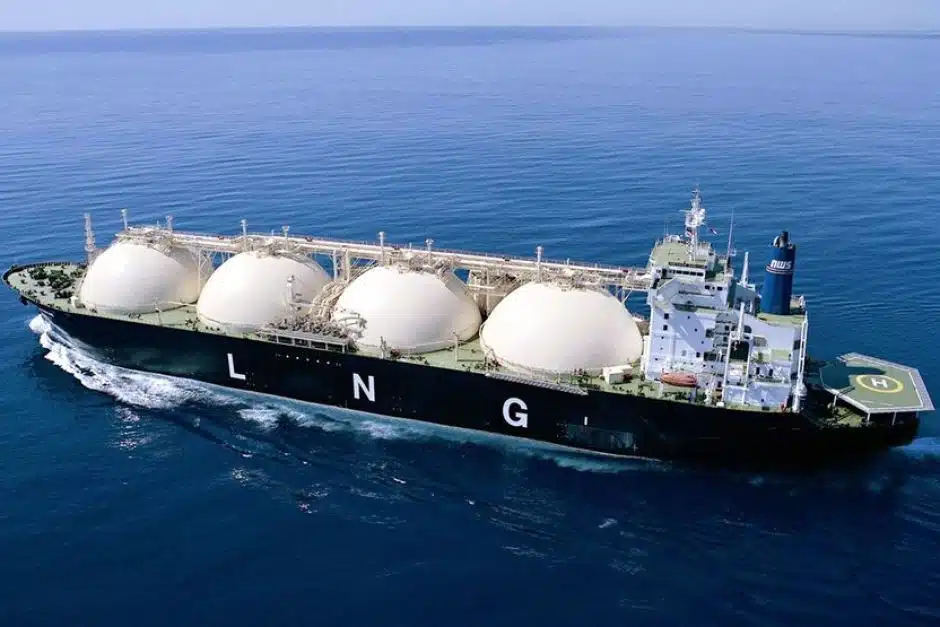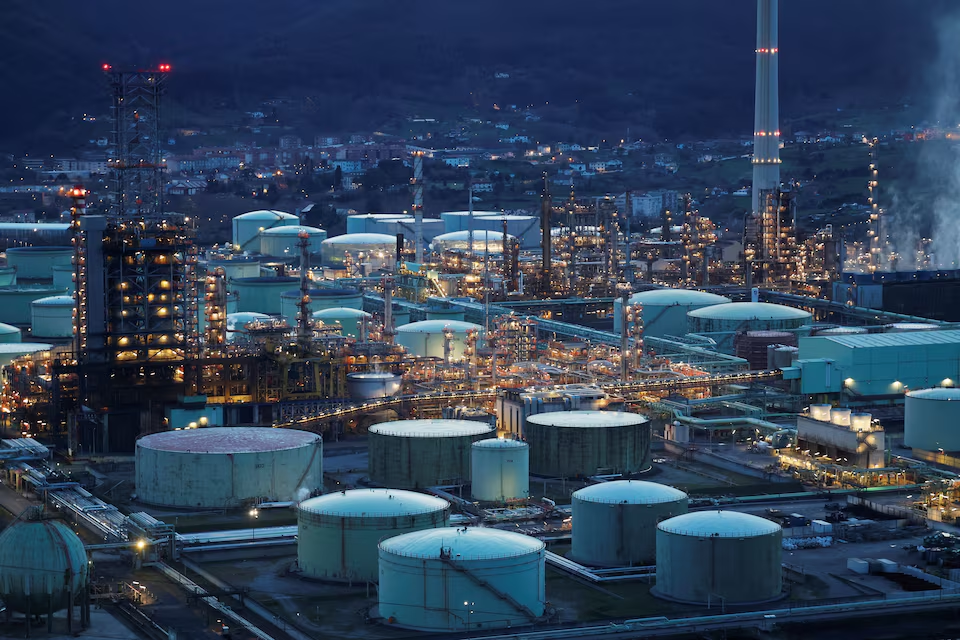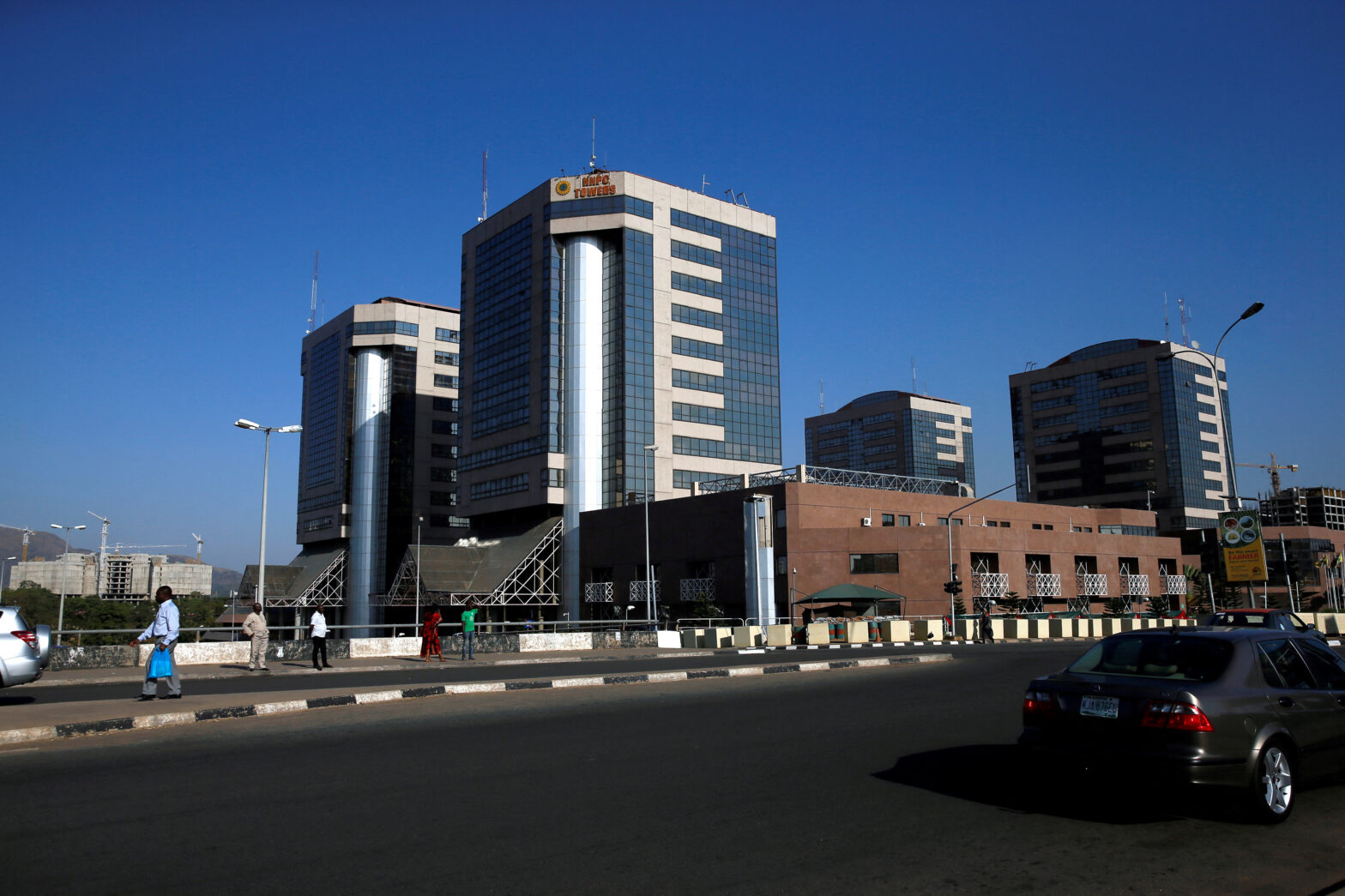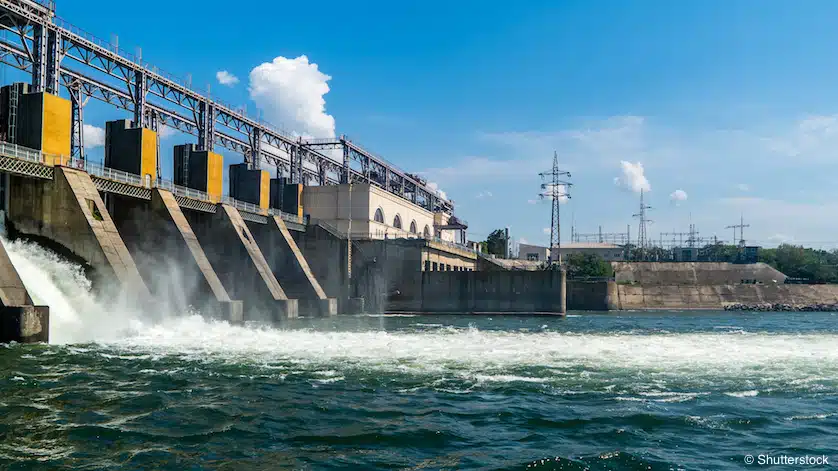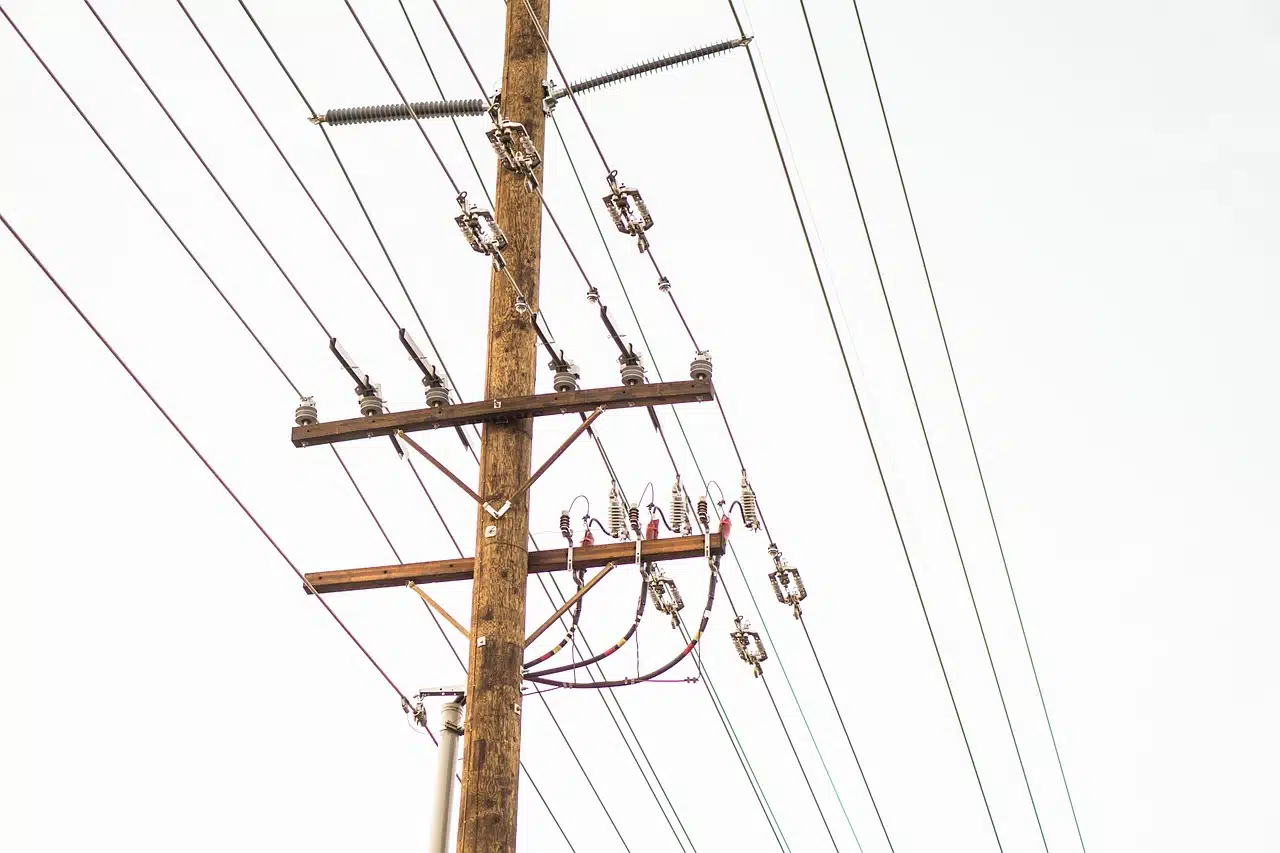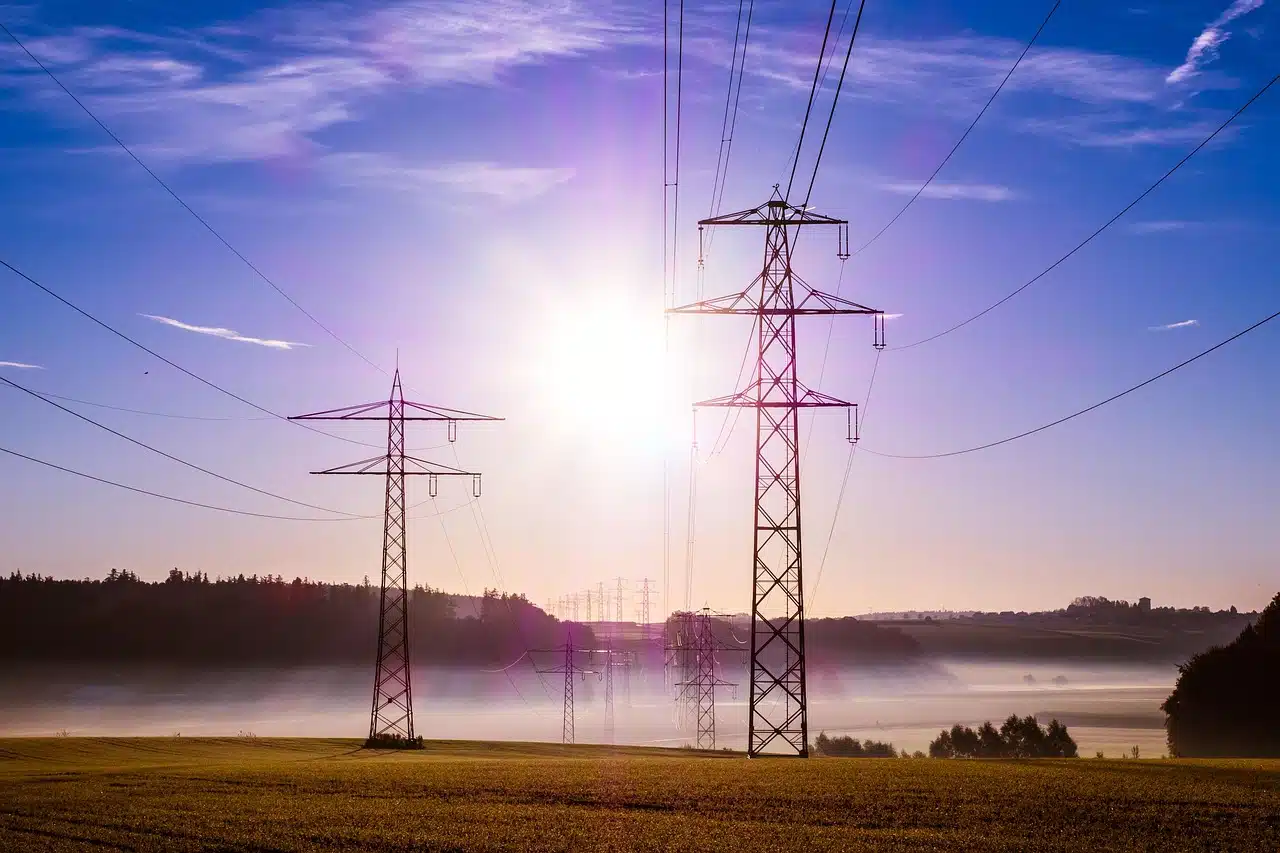The global energy landscape is undergoing a significant transformation, with a pronounced shift towards cleaner and more sustainable energy sources. In this context, Africa, endowed with vast natural gas reserves, particularly in Nigeria and its neighbouring countries, stands at a pivotal juncture.
The continent faces the dual challenge of harnessing its natural gas potential to drive economic growth while aligning with global commitments to reduce carbon emissions.
Nigeria, often referred to as the “Giant of Africa,” boasts proven natural gas reserves estimated at 209.5 trillion cubic feet, positioning it as a key player in the global energy arena.
Historically, the nation’s energy sector has been predominantly oil-centric, but recent policy shifts indicate a strategic pivot towards natural gas.
Nigeria’s gas ambition: pathway or pitfall?
The Nigerian government has articulated its ambition through initiatives like the “Decade of Gas,” aiming to enhance gas production to meet both domestic and international demands.
Ekperikpe Ekpo, minister of state for gas, emphasized this vision at the Gastech conference in Singapore, stating, “In Nigeria, there is a clear direction towards the decade of gas. Our goal is to increase gas production in order to satisfy both local and international needs.”
However, the path to realizing this vision is fraught with challenges. Infrastructure deficits, security concerns, and fluctuating global energy prices pose significant hurdles.
Moreover, the global energy transition, characterized by a decline in fossil fuel investments and a surge in renewable energy adoption, adds complexity to Nigeria’s gas ambitions.
A policy dialogue group, the Natural Resource Governance Institute (NRGI), in collaboration with the African Initiative for Transparency, Accountability, and Responsible Leadership (AFRITAL), recently convened in Abuja to discuss Nigeria’s energy policy.
The group emphasized that while natural gas plays a crucial role in the country’s energy landscape, it should be regarded as a transitional “stopgap” rather than the long-term solution.
They recommended integrating policies on renewables and natural gas into a unified energy strategy, positioning natural gas as a “bridge fuel” while accelerating the deployment of renewable energy solutions
Other African countries
Beyond Nigeria, neighbouring countries are also exploring avenues to capitalize on their natural gas reserves. For instance, Algeria and Morocco are engaged in a rivalry over mega gas pipeline projects aimed at supplying Europe with an alternative to Russian gas.
Algeria’s Trans-Saharan Gas Pipeline (TSGP) proposes transporting Nigerian gas through Niger to Algeria, from where it would be exported to Europe via undersea pipelines. Conversely, Morocco’s Nigeria-Morocco Gas Pipeline (NMGP) plans to traverse eleven coastal countries to reach Morocco and connect to Spain.
Despite the strategic allure of these projects, they remain largely theoretical, beset by uncertainties related to security, financial feasibility, and Nigeria’s capacity to supply the requisite gas volumes. Furthermore, Europe’s commitment to a decarbonised economy by 2050 diminishes the long-term appeal of such fossil fuel infrastructures.
The broader African context reveals a continent grappling with energy poverty, where a significant portion of the population lacks access to reliable electricity. While natural gas presents an opportunity to bridge this energy deficit, experts advocate for a balanced approach.
Renewable energy sources, particularly solar and wind, combined with battery storage, offer cost-effective and sustainable solutions, especially for rural electrification.
The International Energy Agency predicts that global oil and gas demand will peak by 2030, rendering investments in fossil fuel infrastructure potentially risky for emerging economies.
Currently, Africa attracts a mere 2 percent of global renewable investment, underscoring the need for increased financing from international institutions to support its transition to sustainable energy.
Natural gas in Africa’s energy transition
As Africa navigates the complexities of its energy transition, natural gas has emerged as a focal point in policy discussions.
Proponents argue that gas serves as a crucial bridge between traditional fossil fuels and a fully renewable future, offering a cleaner alternative to coal and oil while driving industrialization and economic growth.
However, critics warn that an overreliance on gas could delay Africa’s shift toward sustainable energy sources, locking the continent into a prolonged dependence on fossil fuels. This debate underscores the need for a balanced approach that aligns natural gas investments with the development of renewables.
The argument for increased investment in natural gas revolves around its role as a cleaner alternative to coal and oil. Countries like Nigeria, Algeria, and Mozambique view gas as a means of powering industries, reducing energy poverty, and generating foreign exchange earnings through exports.
Unlike oil, which faces heightened environmental scrutiny, gas is perceived as a transitional fuel that can support economic growth while minimizing carbon emissions.
However, this perspective is not without controversy. Critics argue that over-reliance on gas could delay the adoption of renewables.
The International Energy Agency (IEA) warns that without aggressive investments in solar and wind energy, Africa risks being left behind as global energy demand shifts away from fossil fuels.
While natural gas can be a bridge fuel, experts stress the importance of ensuring that infrastructure investments today do not lock African countries into long-term dependence on fossil energy sources.
The affordability and accessibility of renewables further challenge the gas-centric approach. Solar energy, for instance, has seen dramatic cost reductions in the past decade, making it a viable alternative for many African nations.
Countries like South Africa, Kenya, and Egypt are already making significant strides in deploying solar and wind power, setting an example for a broader continental shift toward clean energy.
Finding the balance
To ensure a successful energy transition, African policymakers must strike a balance between leveraging natural gas for immediate economic gains and investing in a renewable-powered future. This requires integrating gas projects with policies that promote solar, wind, and hydroelectric power development.
Adewale Ogunleye, an energy economist, emphasizes that Africa must develop a long-term energy strategy that prevents gas dependency while laying the foundation for renewables.
“Policymakers need to ensure that gas investments today do not create infrastructure that locks us into fossil fuels for decades,” he warns.
“Instead, gas should be viewed as a transitional enabler, complementing aggressive renewable energy expansion.”
International partnerships and funding mechanisms will also be critical in this transition. Organizations like the African Development Bank (AfDB) have already committed billions toward clean energy initiatives, but more needs to be done to accelerate the shift.
By adopting policies that integrate both gas and renewables, African nations can position themselves at the forefront of the global energy transition while securing sustainable economic growth.
Harnessing gas without stranding the future
According to Amina Yusuf, Africa must strategically navigate the global energy transition to avoid the risk of stranding assets.
She stressed that as the world shifts toward cleaner energy sources, the continent cannot afford to lag behind.
Instead, Africa must take proactive steps to integrate natural gas as a bridge fuel while accelerating investments in renewable energy to secure its place in future energy discussions.
“The African gas boom presents a unique opportunity for the continent to address its energy deficits while fostering economic growth. However, it’s crucial to recognize that natural gas should serve as a bridge in our energy transition, not the destination,” he said.
“Investments in gas infrastructure must be paralleled with aggressive development of renewable energy sources. Africa has immense potential in solar and wind energy, which remain underutilized. By integrating renewables into our energy mix, we can ensure a more sustainable and resilient energy future.
“Moreover, the global energy landscape is shifting, with a clear move towards decarbonization. Africa must align with this trend to avoid the risk of stranded assets in the future.
“Therefore, while we harness our gas resources, we must also create conducive policies and attract investments that promote renewable energy development,” he added.
He further emphasized the importance of regional collaboration, stating that Nigeria and its neighbours must avoid working in isolation. Instead, he advocated for a unified energy policy that maximizes regional gas resources while incorporating renewable energy frameworks.

